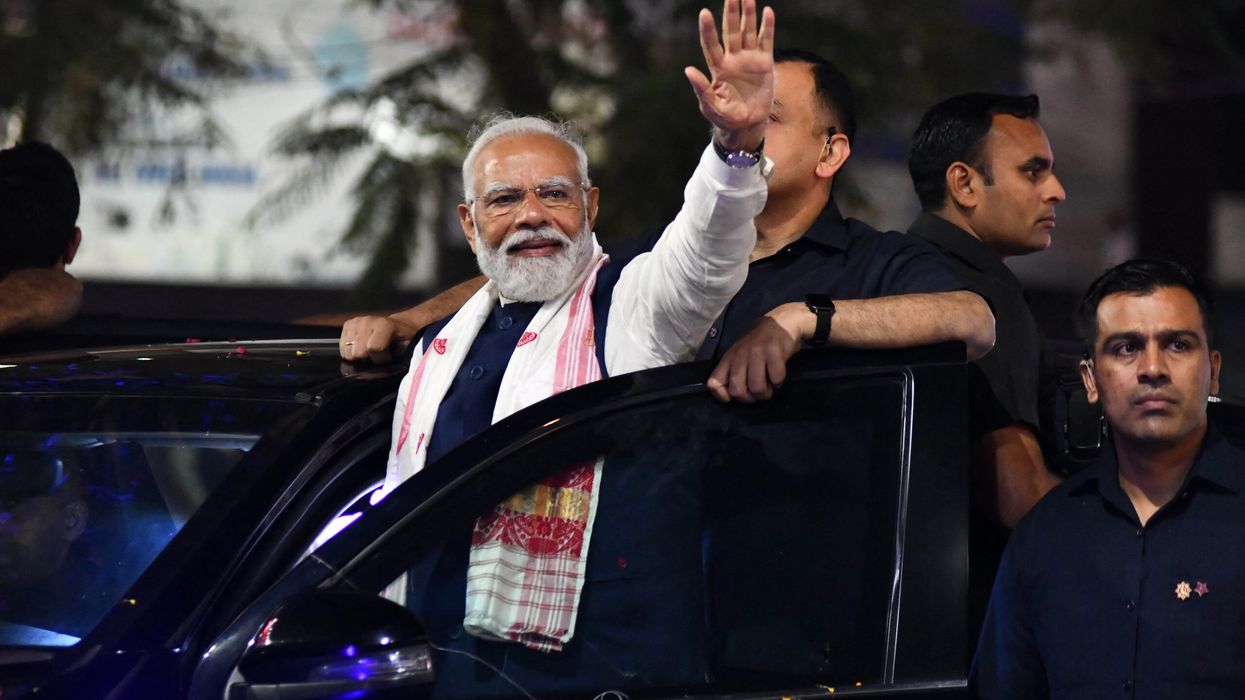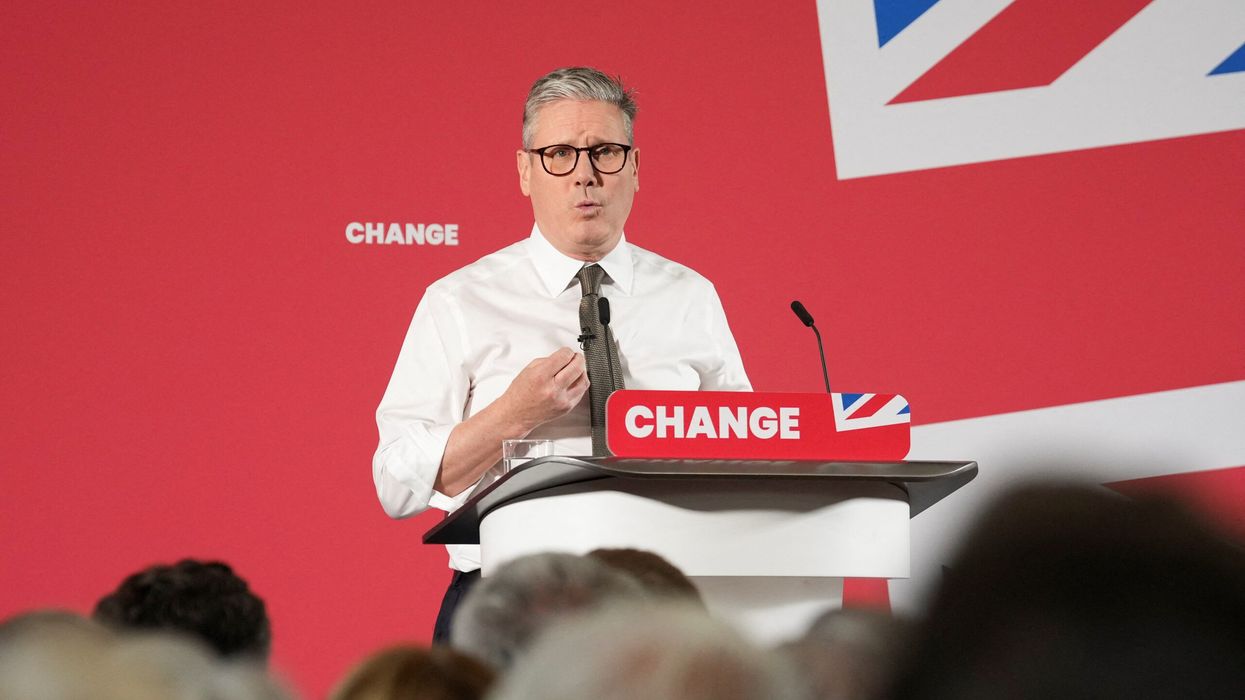Campaigning officially ended on Wednesday evening for the first phase of India's general elections, involving 102 Lok Sabha (lower house of parliament) seats across 21 states and Union territories.
This initial phase is set for 19 April, with key political figures from both the Bharatiya Janata Party-led NDA (National Democratic Alliance) coalition and the opposition INDIA (Indian National Developmental Inclusive Alliance) bloc making final efforts to appeal to voters.
The first phase will see prominent political figures including eight Union ministers, two former chief ministers, and an ex-governor.
Prime minister Narendra Modi has been at the forefront, conducting extensive tours of various constituencies, engaging in rallies and roadshows. In his campaign speeches, Modi said, "I went to the people with hope in 2014, trust in 2019, and guarantee in 2024. There is Modi's guarantee across the country and I am giving the guarantee of fulfilling all these guarantees."
Senior BJP leaders including Home Minister Amit Shah and Defence Minister Rajnath Singh, as well as opposition figures such as Congress's Mallikarjun Kharge and Rahul Gandhi, have all been active on the campaign trail.
The BJP has sharply criticised the INDIA bloc, accusing them of corruption, dynasty politics, and insulting both the Constitution and Hinduism.
In response, opposition leaders have highlighted issues such as electoral bonds, alleged misuse of government agencies, inflation, and unemployment. The BJP's manifesto, titled "Modi ki Guarantee", continues its focus on development and welfare, steering clear of populist promises and reiterating its commitment to one-nation-one-election and the Uniform Civil Code.
The Congress manifesto, named 'Nyay Patra', focuses on five "pillars of justice" providing 25 guarantees which include the right to apprenticeship, a legal guarantee for Minimum Support Price (MSP), and a proposal to pass a constitutional amendment to increase the reservation cap for SCs, STs, and OBCs.
Modi criticised the Congress manifesto, commenting, "It carries the imprint of the Muslim League with every page reeking of breaking India."
Polling will be conducted in all seats of several states including Tamil Nadu, Uttarakhand, and Arunachal Pradesh, as well as in places like the Andaman and Nicobar Islands and Mizoram.
Ahead of the polling, authorities have been instructed to ensure no outsiders remain in the constituencies 48 hours before voting begins, with all forms of election campaigning, including public meetings and media interviews, strictly prohibited.
The first phase sets a significant tone for the elections, as parties bring their campaigns to a close and prepare for the voters' verdict.
Spanning six weeks, this monumental electoral exercise will involve 968 million eligible voters, making it the largest democratic vote in the world. These elections will unfold over seven phases from 19 April to 1 June, and the final results will be announced on 4 June.
(PTI)













